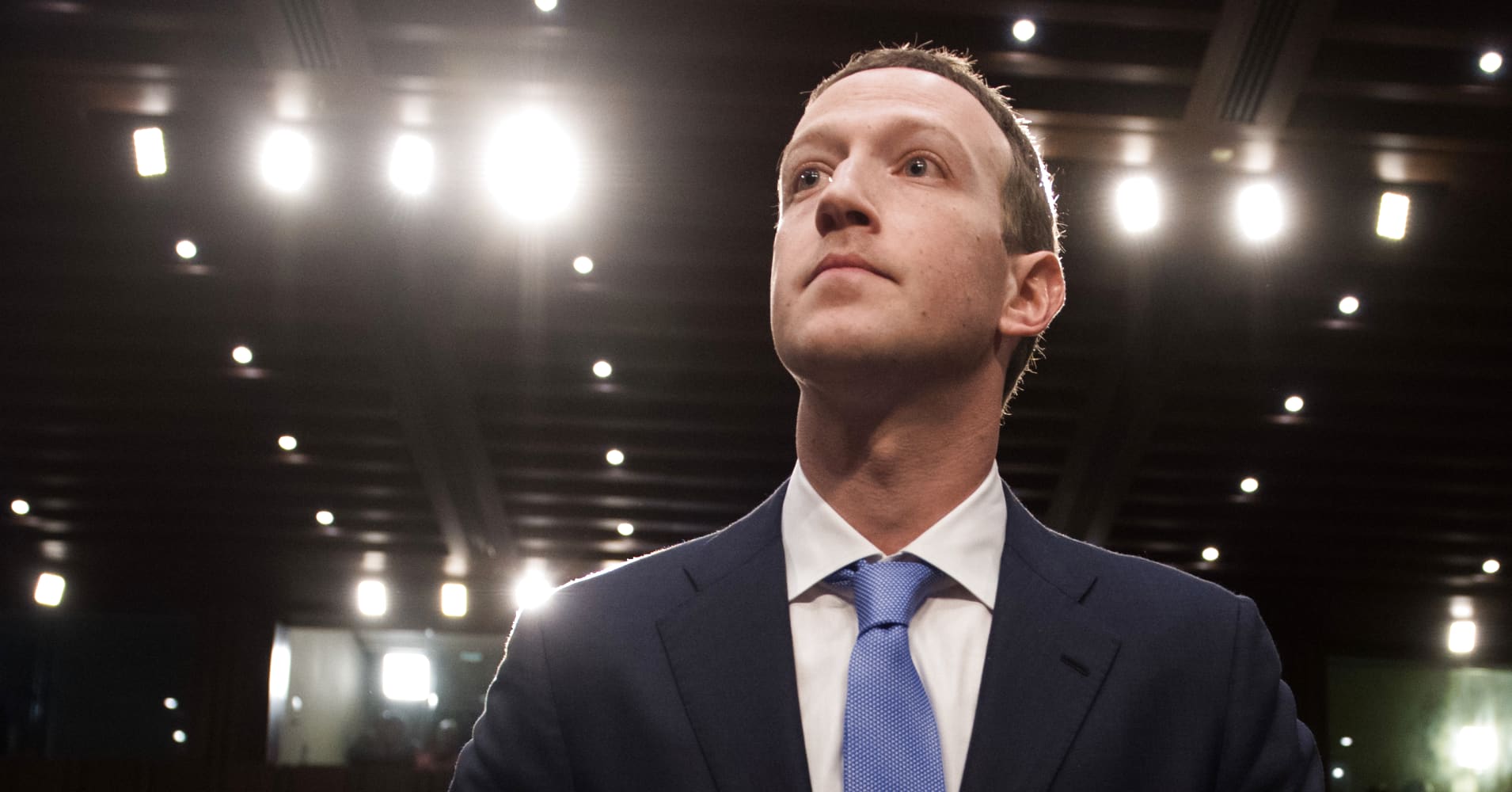
Saul Loeb | AFP | Getty Images
Facebook founder and CEO Mark Zuckerberg arrives to testify following a break during a Senate Commerce, Science and Transportation Committee and Senate Judiciary Committee joint hearing about Facebook on Capitol Hill in Washington, DC.
Facebook’s reported plans to integrate its three messaging platforms could very well lead to additional regulatory scrutiny for a company that’s already under a legal microscope.
The New York Times reported on Friday that Facebook plans to combine the technical infrastructure behind WhatsApp, Instagram and Facebook Messenger, though the apps will continue to function as separate services. The paper cited four people familiar with the company’s plans.
CNBC spoke with several antitrust lawyers who all said that Facebook’s move is unlikely to bring new antitrust action against the company. But the public debate quickly started percolating.
Marc Rotenberg, president and executive director the Electronic Privacy Information Center, told the Times that Facebook’s plans would be “a terrible outcome for internet users,” and Representative Ro Khanna (D-Calif.) took to Twitter to voice his concern.
“This is why there should have been far more scrutiny during Facebook’s acquisitions of Instagram and WhatsApp which now clearly seem like horizontal mergers that should have triggered antitrust scrutiny,” Khanna wrote.
The last year has been brutal for Facebook. The company is facing intense pressure over its privacy practices and platform manipulation by foreign actors. At a hearing of international lawmakers in the U.K. in November, a Canadian representative suggested antitrust might be the solution to Facebook’s problems.
“What we’re regulating … are the symptoms,” said Charlie Angus, Canada’s vice chairman of the House of Commons’ standing committee on access to information, privacy and ethics. “Perhaps the best regulation would be antitrust.”
Proponents of breaking up Facebook have suggested spinning out WhatsApp or Instagram. The company’s family of apps sees north of 2.5 billion users each month and dominates mobile traffic. But Daniel Crane, a law professor at the University of Michigan, said that combining the back-end technology of the services shouldn’t factor into that issue.
Be the first to comment